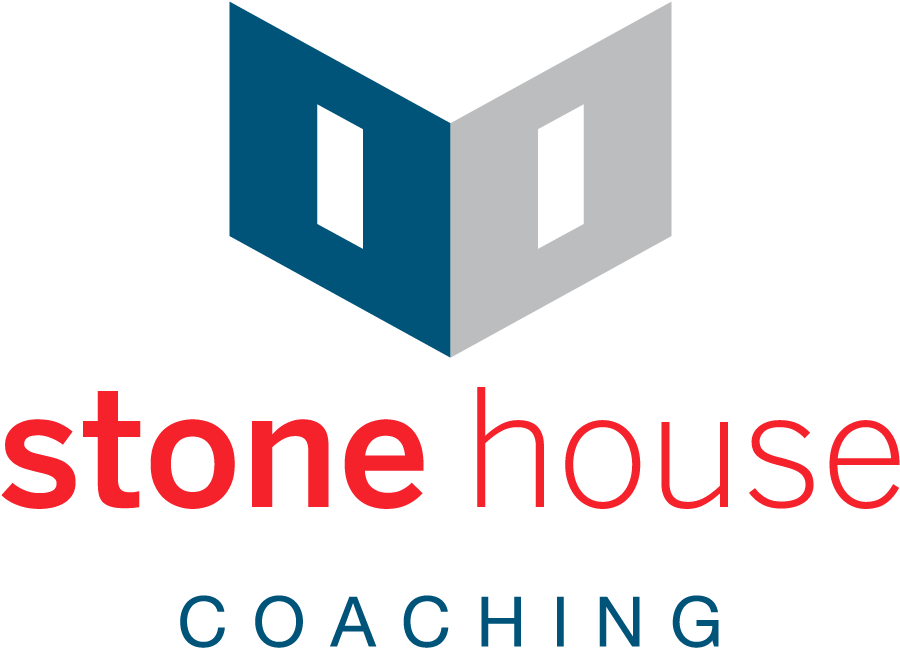Making Behavior Change Stick: Two Tools for Personal Accountability
As coaches, our primary focus is to help leaders change their behaviors to improve their ability to lead. Personal accountability is at the core of that process, so part of what we do is help them build lasting tools that make it easier to be personally accountable.
We have learned that most people are terrible at holding themselves accountable in a reasonable way - they tend to be way easier on themselves or way harder on themselves than they should be. So, our coaches build a system to right-size the accountability for the goal. Here are two pieces of that system that you can use on your own, with or without a coach.
Invite others into the process - Our coaching process is called Stakeholder-Centered because the leader identifies several people to help with the process. These are people who have a vested interest in seeing them succeed, who have an opportunity to observe the behavior, and are willing to commit to supporting the process by offering honest feedback and tips to help the leaders succeed (feedforward). Their role is to report what they see and offer ideas - it’s the leader’s job to decide what to do with that information.
Track your progress - The leaders we work with track progress weekly. Usually, it’s a simple spreadsheet with the goal they are focused on in the far left column and space to rate their performance (red, yellow, green) and write a short note about what happened each week. Some leaders add to it as events occur throughout the week; others have a dedicated time to reflect over the whole week. What’s important is that they spend some time - on their own - considering what they’ve accomplished that week. Later, they review it with their coach, and it prompts a conversation about whether the leader has accurately assessed the situation, whether they have asked for input from their stakeholders, what they learned from the events, and what they intend to do differently as we move forward.
We love these simple tools because, as coaches, we start planning on day one for our eventual departure. While we believe we bring great value as an unbiased thought partner, especially in those early days, we want to help the leader build sustainable habits that outlast our working relationship. I’d also love to hear what you do to improve your personal accountability - what works for you?

